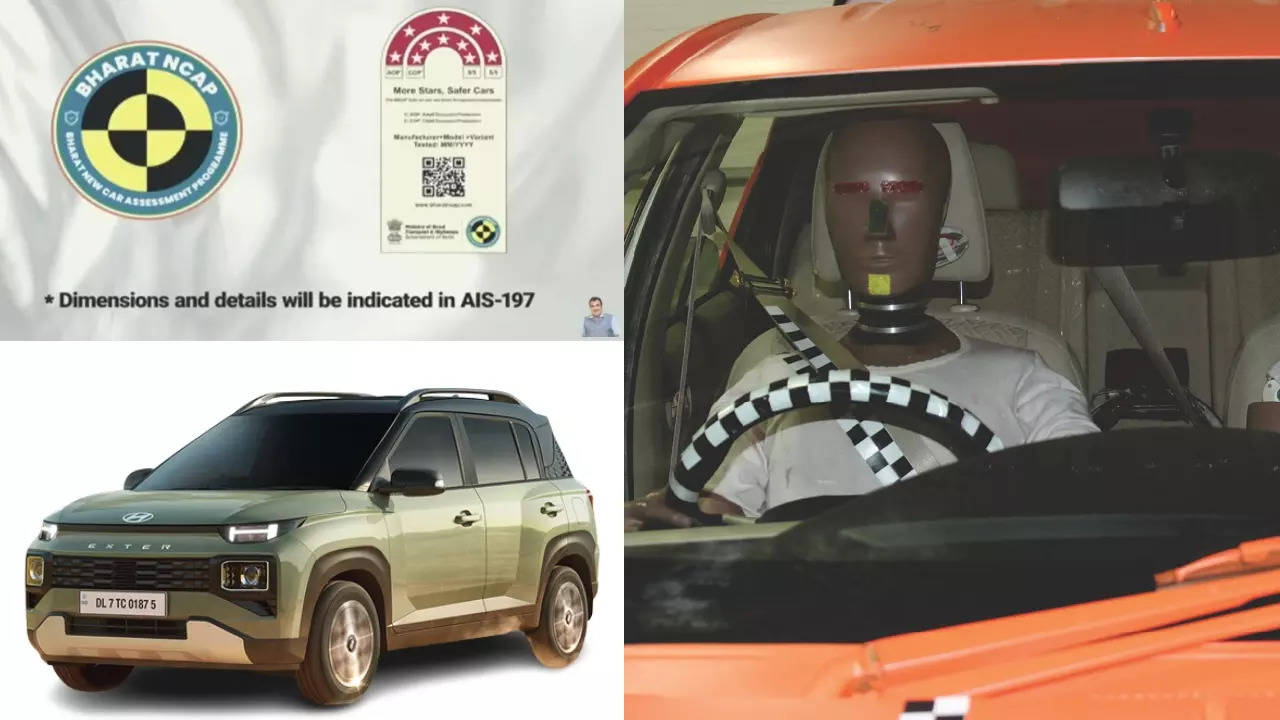Under BNCAP, OEMs will voluntarily submit car models for safety assessments, including various tests to rate Adult Occupation Protection (AOP) and Child Occupant Protection (COP). During the launch event in New Delhi, Gadkari mentioned that over 30 car models have already been lined up by several OEMs for safety evaluations.
With Bharat NCAP set to take effect from October 1, 2023, it is expected that this program’s introduction will foster healthy competition among OEMs to enhance their adhered safety standards.
In fact, Maruti Suzuki, a leader in the entry-level car segment, has already confirmed its intent to allocate at least three models for BNCAP testing. It’s likely that the carmaker will select models such as the newly-launched Fronx, Jimny, and the Brezza SUV.
Mahindra Scorpio-N based Global Pik Up Concept Walkaround | TOI Auto
Additionally, Hyundai, which recently entered the highly competitive micro SUV segment with the Exter, is expected to align the car for testing under India’s very own crash testing programme. It’s noteworthy that Exter comes equipped with 6 airbags as standard, along with other safety features like ESC and safety belt reminders. Hyundai has been vocal that the Exter will be one of its safest offerings in India.
Apart from that, manufacturers like Mahindra, Skoda, and Volkswagen, which have already bagged 5-star ratings in Global NCAP tests, wouldn’t hesitate to have their models evaluated under BNCAP. This is because having 5-star ratings in two tests, rather than just one, would offer an added advantage.
While the Global NCAP, under which the Indian cars were being tested previously, isn’t a standard safety assessment programme for Indian vehicles, the newly introduced Bharat NCAP will serve as a local ground for the OEMs to showcase their safety prowess. That said, the results of the BNCAP would be more relatable for the growing quality-centric Indian customers.


